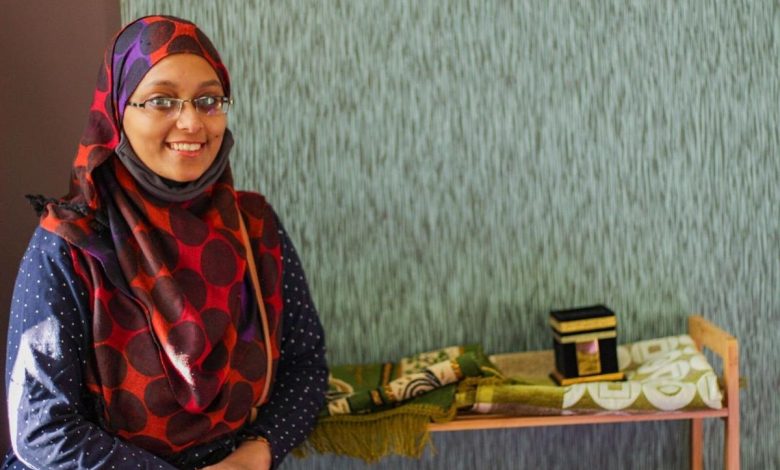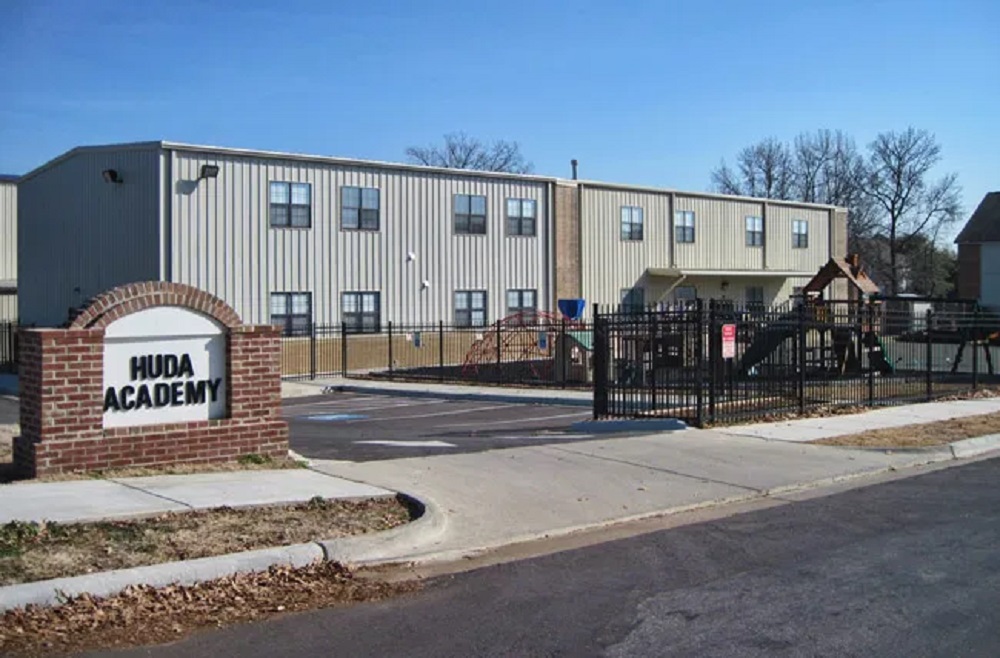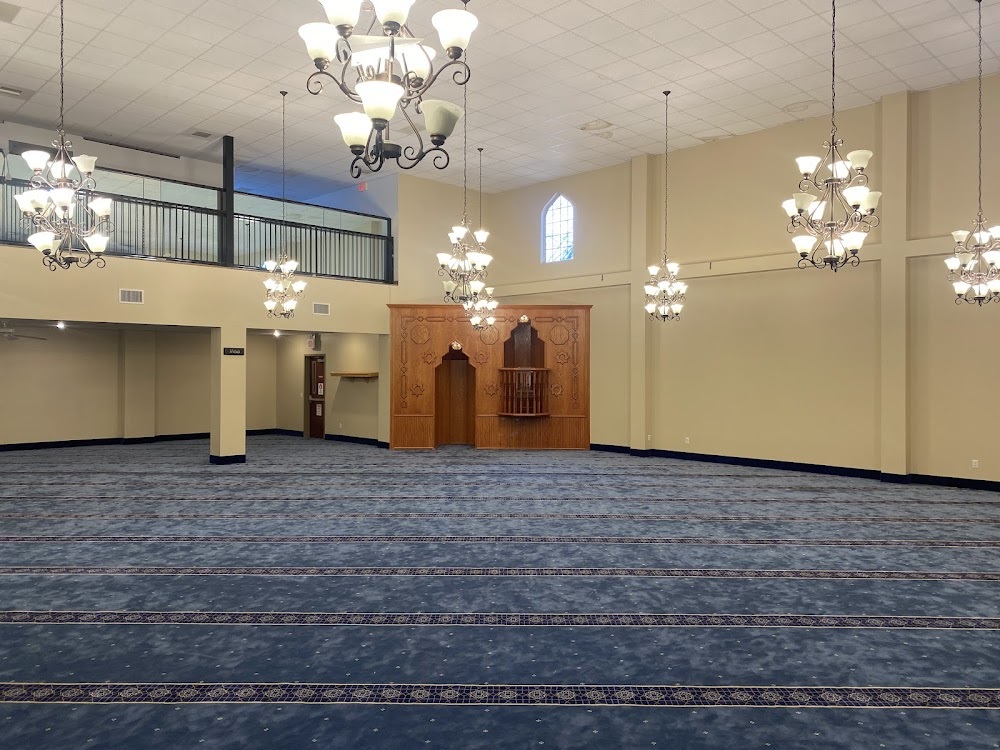Arkansas Muslims: Community Culture, Shared Values, and Statewide Growth
How Muslims in Little Rock, Fayetteville, and Small Towns Like Conway and Bentonville Are Preserving Identity and Contributing Locally.

While Arkansas is often associated with its scenic landscapes and small-town charm, it is also home to diverse and growing Muslim communities. From urban centers like Little Rock and Fayetteville to smaller towns such as Conway, Bentonville, and Springdale, Muslim families are contributing to the state’s social, cultural, and economic fabric while preserving their religious identity.
Religious and Cultural Life
Mosques, Islamic centers, and community organizations play a central role in sustaining the faith and culture of Muslims in Arkansas. The Islamic Center of Arkansas in Little Rock serves as a hub for worship, education, and community outreach. Other cities have established mosques and prayer spaces that offer weekly congregational prayers, Quranic classes for children and adults, and cultural events during Ramadan and Eid.
Community programs often focus on interfaith dialogue and public engagement, helping to foster understanding between Muslim and non-Muslim residents. Workshops on Islamic arts, heritage, and traditions, along with cultural fairs, allow local communities to experience and celebrate Muslim culture firsthand.

Education and Youth Engagement
Muslim youth in Arkansas actively participate in educational programs, extracurricular activities, and leadership initiatives organized by mosques and community centers. Programs for children and teenagers include Quranic studies, Arabic language classes, art and music workshops, and civic engagement projects. These activities not only strengthen religious knowledge but also help young Muslims build connections with peers and the broader community.
Women in the community often lead educational and cultural programs, organizing Quranic classes, arts and crafts workshops, and charitable initiatives. By playing a central role in cultural preservation, women ensure that traditions are passed on to younger generations.
Economic and Social Contributions
Muslim residents contribute to Arkansas’ economy through small businesses, restaurants, grocery stores, healthcare, and professional services. Many Muslim-owned businesses cater to both local and regional needs, including halal food markets, catering services, and technology firms. Their involvement in volunteer programs, social services, and civic initiatives highlights a commitment to the overall well-being of their towns.

Challenges and Adaptation
Living in Arkansas, especially in smaller towns, presents challenges for Muslim families. Access to halal food, religious schools, and cultural resources may require traveling to larger cities or relying on online services. Despite this, communities have adapted by creating home-based learning, cooperative prayer spaces, and community networks that support religious and cultural practice.
Looking Ahead
The Muslim communities in Arkansas, while still a minority, continue to thrive by balancing faith, culture, and integration. Through education, cultural engagement, and civic participation, these communities are making a lasting impact on the state’s social landscape, ensuring that their heritage and identity are preserved for future generations.



